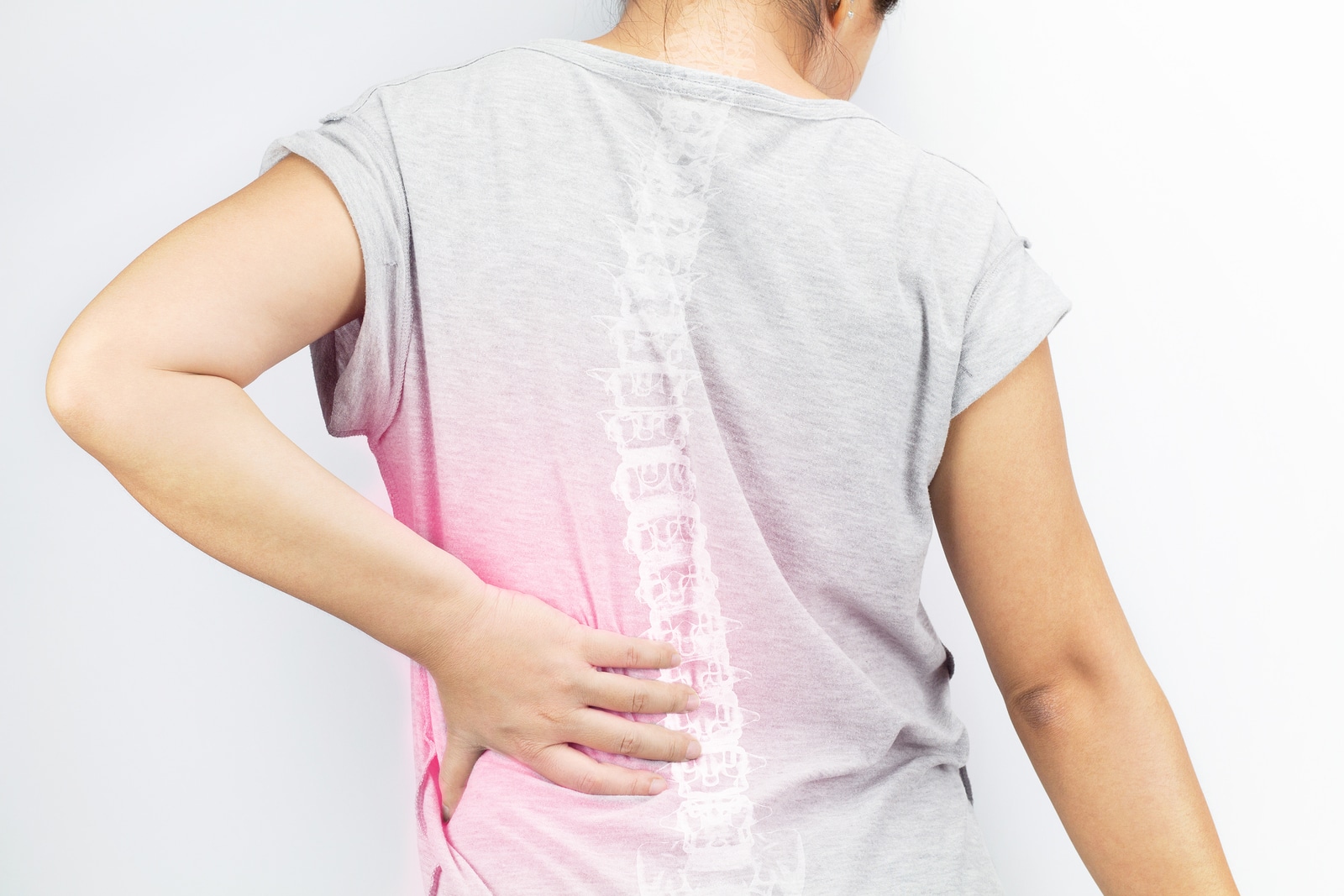DHEA Benefits: What You Need to Know About This Powerful Hormone
Aging isn’t just about wrinkles and gray hair—it’s about how you feel on the inside. Do you ever wonder where your energy went, why your metabolism has slowed to a crawl, or why your once-sharp mind feels like it’s swimming through fog? If so, you’re not alone.
One of the biggest culprits behind these frustrating changes is declining hormone levels, and one hormone in particular—DHEA (dehydroepiandrosterone)—plays a massive role in how well you age. Often called the “youth hormone”, healthy DHEA levels are a precursor to other key hormones, including estrogen and testosterone, and DHEA has been linked to improved energy, mood, mental clarity, and metabolism.1 It balances and counteracts the effects of cortisol, the stress hormone otherwise known as the major ager.
DHEA declines with age. But is DHEA the missing piece in your health puzzle? Let’s dive into the science of DHEA, how it affects your body, and whether it’s right for you.
What Is DHEA?
DHEA is a steroid hormone produced primarily by your adrenal glands—the tiny but mighty organs that also produce cortisol, your body’s stress hormone. Your body naturally makes plenty of DHEA in your 20s, but by the time you hit 40, levels start to decline. By your 70s and 80s, you may have only 10-20% of the DHEA you once had.
Since healthy DHEA levels serve as a building block for both estrogen and testosterone, its decline can have widespread effects on everything from mood and memory to metabolism and muscle strength
What Does DHEA Do for the Body
- DHEA Supports Energy and Combats Fatigue – Low energy is one of the most common complaints as we age, and DHEA plays a vital role in mitochondrial function—the powerhouses of your cells. Studies show that supplementing with DHEA may improve energy levels, ovarian function, IVF success rate, 3 stamina, and overall vitality, especially in those with adrenal insufficiency or chronic fatigue.
- Enhances Mood and Reduces Stress – Ever feel like you’re stuck in a constant state of stress? DHEA acts as a natural buffer against cortisol, the stress hormone. Research suggests that higher healthy DHEA levels are associated with lower levels of anxiety, depression, and increased wellbeing.4 In fact, some studies indicate that supplementing with DHEA may combat the damaging effects of cortisol during stressful situations.5 Cortisol breaks down muscle and bone among other things, and DHEA preserves these.
- Supports Brain Function and Mental Clarity – Brain fog, forgetfulness, and difficulty concentrating are common symptoms of low DHEA levels. DHEA has neuroprotective properties, meaning healthy DHEA levels support brain function, enhance memory, attention and verbal fluency. If you are consistently searching for words, DHEA may help and may reduce the risk of cognitive decline.
- DHEA Boosts Metabolism and Helps Maintain a Healthy Weight – Struggling to keep the weight off despite eating well and exercising? DHEA influences insulin sensitivity, fat distribution, and muscle maintenance, all of which affect metabolism. There are a lot of controversies regarding this claim, however a double blind control study showed significant decreases in visceral fat (the dangerous kind that deposits around your organs), partial reversal of abdominal fat and improvement in insulin sensitivity that may combat metabolic disorders such as obesity, high cholesterol, blood sugar and blood pressure.7 If your levels are not low, you may not get those effects that may be why you get conflicting information.
- Supports Hormonal Balance – For both men and women, healthy DHEA levels help balance estrogen and testosterone levels, which naturally decline with age. For women going through perimenopause and menopause, DHEA can help alleviate symptoms like low libido, vaginal dryness, and mood swings. 8 In men, DHEA can support testosterone production, energy, and muscle strength. Since hormones affect each other, it is best to learn how to balance and modulate them with a program such as The Ultimate Hormone Reset.
Should You Take DHEA?
DHEA supplements are widely available over the counter, but more isn’t always better. Since DHEA is a hormone, it can have powerful effects—both good and bad—so it’s important to check your levels before supplementing.
- You may benefit from DHEA supplementation if your DHEA is low and you have:
- Low energy, chronic fatigue, or burnout
- Difficulty losing weight or maintaining muscle mass
- Mood swings, anxiety, or depression
- Brain fog or memory issue
- Hormonal imbalances related to menopause or low testosterone
Who should avoid DHEA? If you have a history of hormone-sensitive cancers, PCOS, or certain other conditions, DHEA may not be appropriate for you. Always work with a qualified healthcare provider to determine whether DHEA is right for you. If you have androgenic side effects such as acne, increased facial hair and male pattern hair loss, the dose may be too high or you may be sensitive to the androgenic effects. Women need lower doses than men.
Final Thoughts: Is DHEA the Missing Link in Your Health?
If you’re feeling sluggish, foggy, or out of balance, DHEA might be the missing link in your journey to feeling like yourself again. This powerful hormone has been shown to support energy, metabolism, brain function, and overall well-being, making it an essential player in healthy aging.
Before jumping into supplementation, check to see if you have healthy DHEA levels and get your hormone levels tested. If DHEA is low, working with a functional medicine expert can help you safely restore balance—so you can regain your energy, confidence, and vitality. Most of the positive effects occurred in people who had low DHEA and if you are already healthy and levels are optimal, you may not need it.
Your hormones have many powerful effects. Learn how to modulate them with The Ultimate Hormone Reset. Balance hormones keep you looking and feeling young and healthy. Aging doesn’t have to mean slowing down—it can mean stepping into your strongest, most vibrant self yet.
- Arlt W. Dehydroepiandrosterone replacement therapy. Semin Reprod Med. 2004;22(4):379-388. doi:10.1055/s-2004-861554
- Samaras N, Samaras D, Frangos E, Forster A, Philippe J. A Review of Age-Related Dehydroepiandrosterone Decline and Its Association with Well-Known Geriatric Syndromes: Is Treatment Beneficial? Rejuvenation Res. 2013;16(4):285-294. doi:10.1089/rej.2013.1425
- Li CJ, Lin LT, Tsui KH. Dehydroepiandrosterone Shifts Energy Metabolism to Increase Mitochondrial Biogenesis in Female Fertility with Advancing Age. Nutrients. 2021;13(7):2449. doi:10.3390/nu13072449
- Arlt W, Callies F, Allolio B. DHEA replacement in women with adrenal insufficiency–pharmacokinetics, bioconversion and clinical effects on well-being, sexuality and cognition. Endocr Res. 2000;26(4):505-511. doi:10.3109/07435800009048561
- Hechter O, Grossman A, Chatterton RT. Relationship of dehydroepiandrosterone and cortisol in disease. Med Hypotheses. 1997;49(1):85-91. doi:10.1016/s0306-9877(97)90258-9
- de Menezes KJ, Peixoto C, Nardi AE, Carta MG, Machado S, Veras AB. Dehydroepiandrosterone, Its Sulfate and Cognitive Functions. Clin Pract Epidemiol Ment Health. 2016;12:24-37. doi:10.2174/1745017901612010024
- Villareal DT, Holloszy JO. Effect of DHEA on Abdominal Fat and Insulin Action in Elderly Women and MenA Randomized Controlled Trial. JAMA. 2004;292(18):2243-2248. doi:10.1001/jama.292.18.2243
- Scheffers CS, Armstrong S, Cantineau AEP, Farquhar C, Jordan V. Dehydroepiandrosterone for women in the peri- or postmenopausal phase. Cochrane Database Syst Rev. 2015;1(1):CD011066. doi:10.1002/14651858.CD011066.pub2





She is a recognized and award-winning holistic, functional, integrative and anti-aging healthcare practitioner, speaker and author, and has been featured in ABC News, Forbes, WOR Radio and many media outlets to spread the word that you can live younger and healthier at any age.